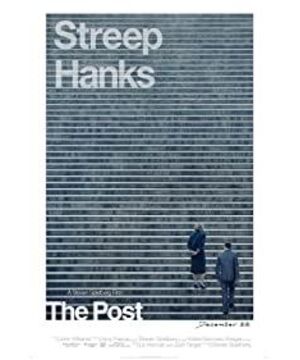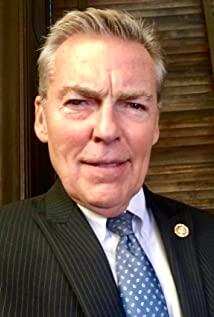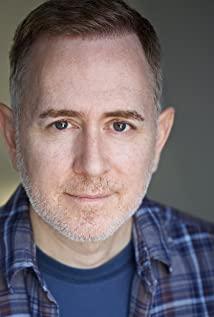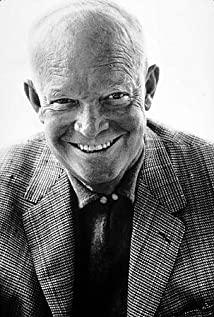The Washington Post reminds me of two terms in communications.
One is the "gatekeeper". Gatekeepers are those working within the mass media. Because all information transmitted by the public must be filtered or screened by these staff before they can be seen with the public, they are the "gatekeepers" of information dissemination. The standards of gatekeepers mainly come from the pre-existing position as the sum of their own original experience, views, interests, etc., and are also affected by the surrounding environment such as superiors, colleagues and audience feedback. In a word, gatekeepers are selected among a large number of news information according to their own understanding of the needs and interests of the audience.
According to this definition, the government is also one of the gatekeepers. It controls the dissemination of information throughout the country or region by formulating and implementing relevant laws and regulations. However, it is worth noting that the right of the government lies in distinguishing and guiding the correctness of absolute ethical values, and cannot use the identity of the gatekeeper to serve justice and personal interests, and use the identity of the gatekeeper as a talisman and protective shield. This was a major taboo committed by the Nixon administration. The Post editor-in-chief, Ben Bradley, was quoted in the film as saying: "The people of this country can't have the president alone and in charge of the country. I can't imagine the president would expose the The truth is equated with treason, and it gives me the feeling that it is treason to destroy a ruling government or an individual's reputation. It's tantamount to saying, 'I am the country.'" In a country that advertises liberal democracy, or In any modern country, this kind of behavior is not only a political suicide, but also a deception and teasing of the people, which is downright unforgivable.
Another word is "spiral of silence". "Silent Spiral" refers to when people express their thoughts and opinions, if they see the opinions they agree with and are widely welcomed, they will actively participate in them, and such opinions will be more and more boldly published and diffused; And find that no one or very few people pay attention to a certain point of view, and sometimes even attack them in groups, even if they agree with it, they will remain silent. The silence of one side of the opinion leads to the increase of the opinion of the other side, and this cycle repeats, forming a phenomenon in which one side's voice is getting louder and the other side is getting more and more silent.
Throughout the film, the vast majority of the Post's board of directors objected to publisher Kathryn Graham and editor-in-chief Ben Bradley's release of the secret document, because it was clearly against the Nixon administration. , so it is very likely to attract suppression and retaliation from the government, the Post's listing plan will be destroyed, or even the newspaper will cease to exist - the "New York Times" going to court is a warning.
If Kathryn and Ben, like the other directors, were pressured to cancel the release and keep their mouths shut, the incident could devolve into a "silence spiral" - even if the papers were received by the newspapers under pressure, even if all All the editors were outraged by this, and no newspaper would dare to report on it. The media still focused on innocuous news such as "the marriage of the president's daughter", and there will be more and more voices questioning the government's decision on the Vietnam War. The smaller it is, the more these voices are silenced before they reach the ears of the public. From now on, if similar government scandals are exposed again, the media may remain silent, so collective silence will become the new normal, and flattering, empty, cookie-cutter official discourse becomes the absolute mainstream. This was right in the hands of Nixon and his staff.
Fortunately, the ending of the film and the real history are not like that. The intrepid journalists' full disclosure of the document and overwhelming feedback turned the tide, acquitted them by the court, and finally brought down the unqualified "gatekeeper" - a situation that seems too idealistic for the moment but actually happened Over the news "fairy tale". So in today's time when the words "freedom of the press" have become difficult, a movie like The Washington Post is a luxury. Their birth is a struggle in itself, as is watching and spreading them.
View more about The Post reviews











